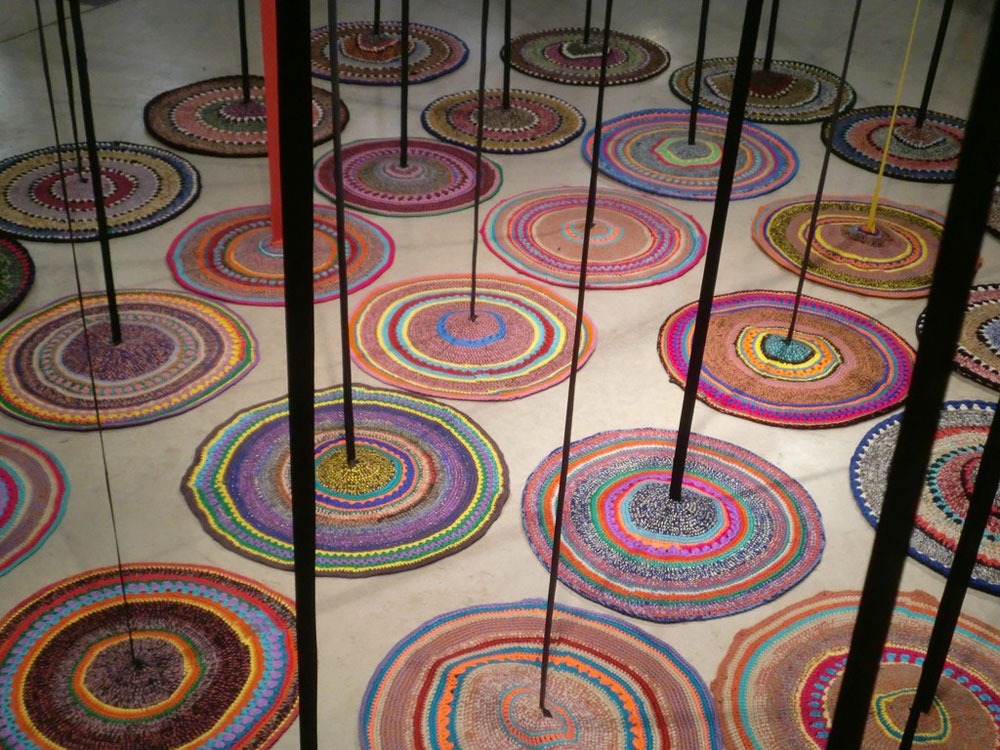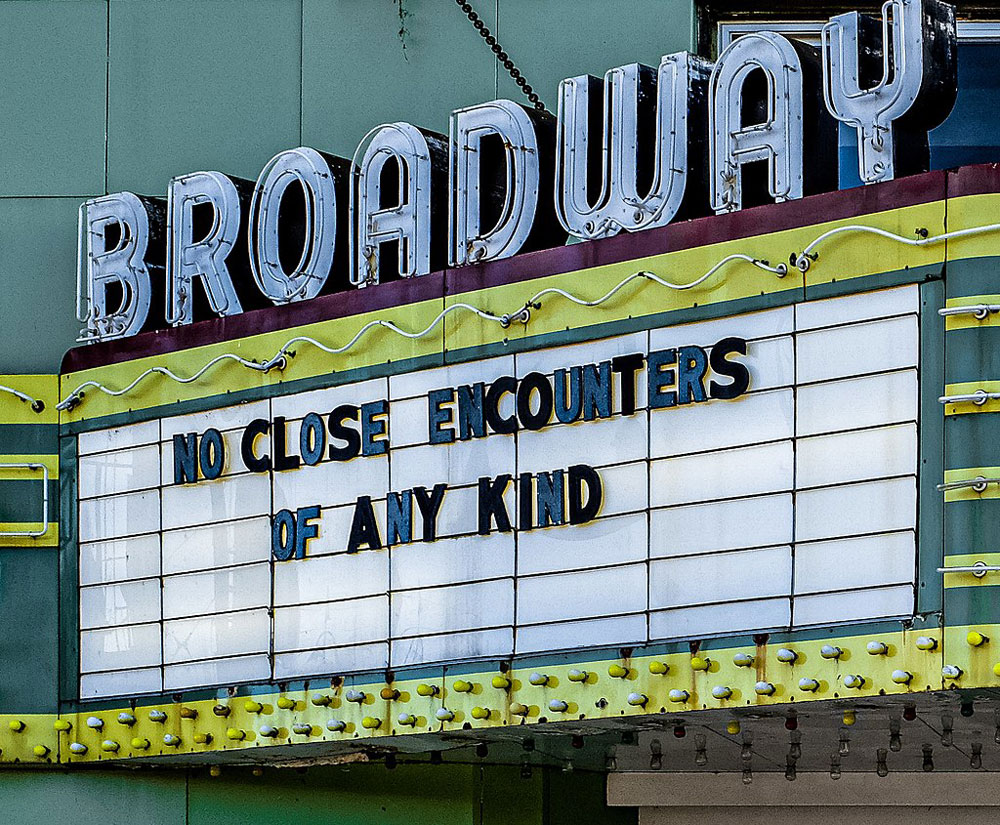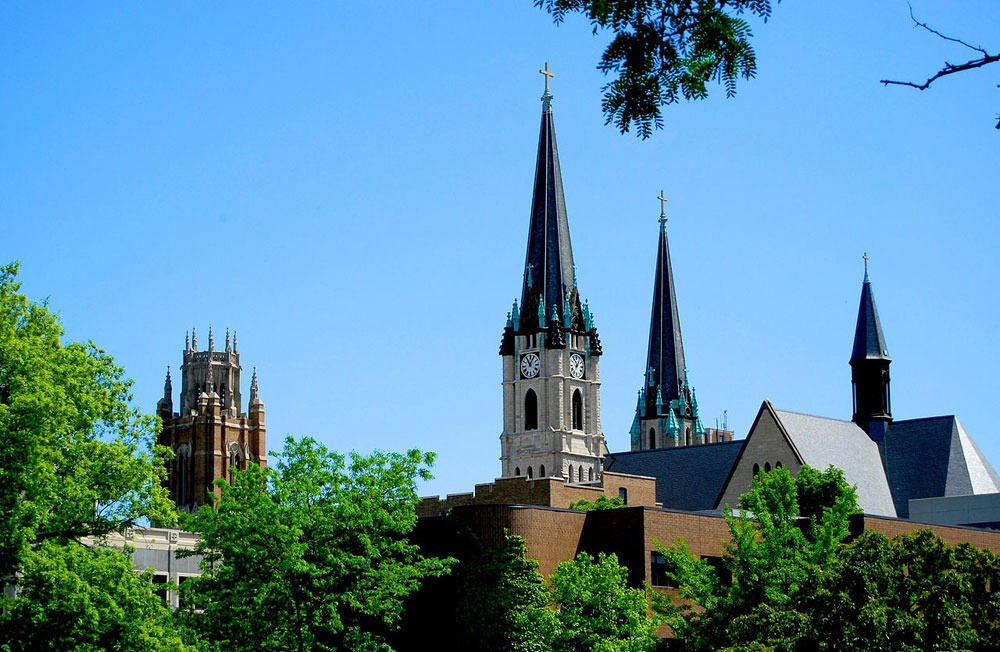May 11, 2015; Newsworks
This week, the Philadelphia Cultural Fund announced a round of grants to arts organizations in that city. The grants totaled $2.5 million, which represents a significant increase over previous years. That boost to the creative economy is very welcome, but may be at risk in coming months. The results of the primary in the mayoral race on May 19th could have a significant impact.
The Philadelphia Cultural Fund was created by the mayor and city council in 1991 to invest in and promote the arts in that city as an engine of economic, social, and cultural development. With funds allocated in the city budget, the Fund has been making grants to a wide variety of arts organizations since then.
Recently, awards were announced to more than 30 arts groups. Funding areas included history and culture (7 recipients), literary and theatre (7 recipients), music and dance (5 recipients), film and media (3 recipients), art centers and community groups (6 recipients), and museums (2 recipients). One interesting series of grants is to a group of historic sites and organizations in one community in Philadelphia. Those organizations in Germantown have a plan to better coordinate their hours of operation to enhance synergies between them.
Sign up for our free newsletters
Subscribe to NPQ's newsletters to have our top stories delivered directly to your inbox.
By signing up, you agree to our privacy policy and terms of use, and to receive messages from NPQ and our partners.
This funding level marks a return to pre-Recession levels, well over the $1.7 million that had been available recently. Mayor Nutter has proposed a return to that lower level as part of a new budget, so some in the arts community have concerns that support will become scarce again. The Greater Philadelphia Cultural Alliance has estimated that the arts community in that city contributes $3.3 billion to the region’s economy, so the issue of support is not a minor one. In fact, $3.3 billion seems like a pretty good return on investment for the $7.5 million that is available overall for the arts in the city’s budget. In the past, there had been some investment in the downtown arts scene, and it is now considered to be booming and one of the main reasons why Philadelphia is gaining recognition as an exciting place to live and visit.
Mayor Nutter has reached the end of his eligibility to serve and is working on his final budget. As the city rarely elects a Republican as mayor, the upcoming Democratic primary will likely determine who will serve the city. A recent forum for the seven candidates apparently left city arts leaders less than excited. One commented that it seemed that none of the candidates had any very viable, dramatic ideas about what to do about the arts. The arts community itself does have some ideas about what to do, if the candidates are willing to listen. For example, if one half of one percent of the city’s eight percent sales tax were devoted to a Quality of Life Fund, with half of devoted to the arts, there would be $37.5 million available. Plans also include making the newly re-established Office of Arts Culture and the Creative Economy a permanent part of the city government, requiring the school district to assign a full-time music and art teacher in every school, and more.
Of course, these ideas cost money—a lot of money—something that is scarce for cities all across the country. Even the arts leaders acknowledge that in a time when it is increasingly difficult to fund basics such as public education, it is hard to justify a significant increase in funding for the arts. Still, we return to that estimate that the arts add $3.3 billion to the region’s economy, a number that any candidate for mayor would do well to pay attention to. Many cities that have the reputation of being exciting communities, such as Portland, Oregon; San Francisco, California; Denver, Colorado; and Austin, Texas have established coordinated cultural plans. Apparently, New York and Boston are in the process of developing something similar. Awareness of the value of the creative economy to a region has been growing, but it still seems to be on a back burner as far as legislative agendas go in many communities, including Philadelphia. Perhaps the time has come for that city in the form of its current mayoral race.—Rob Meiksins











